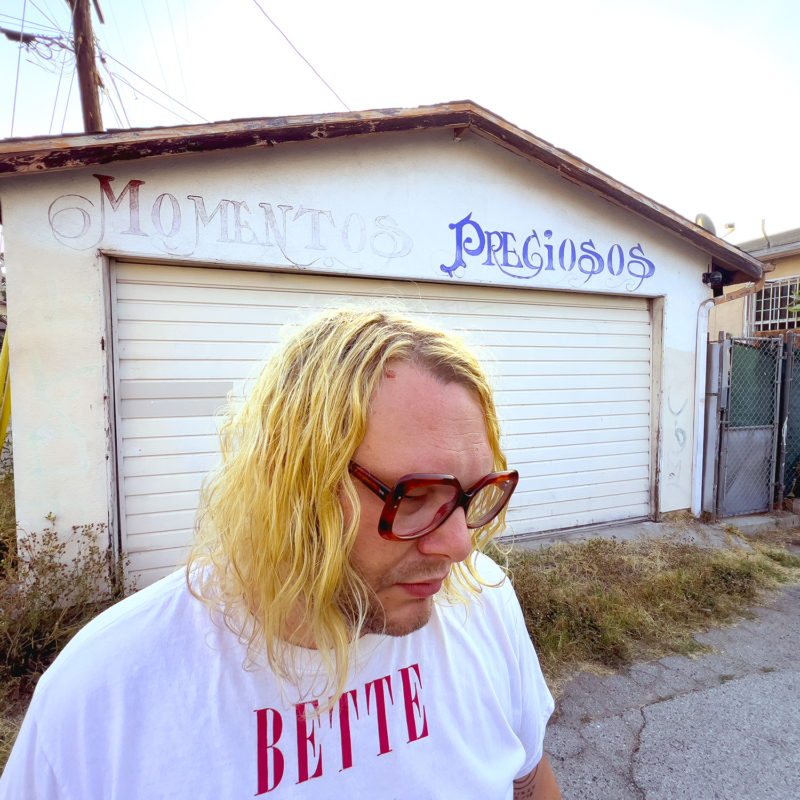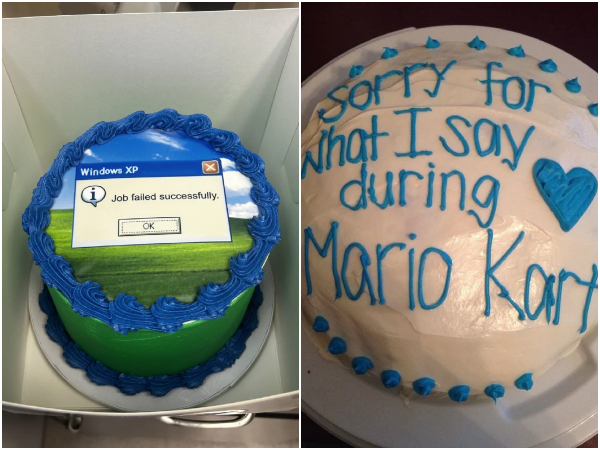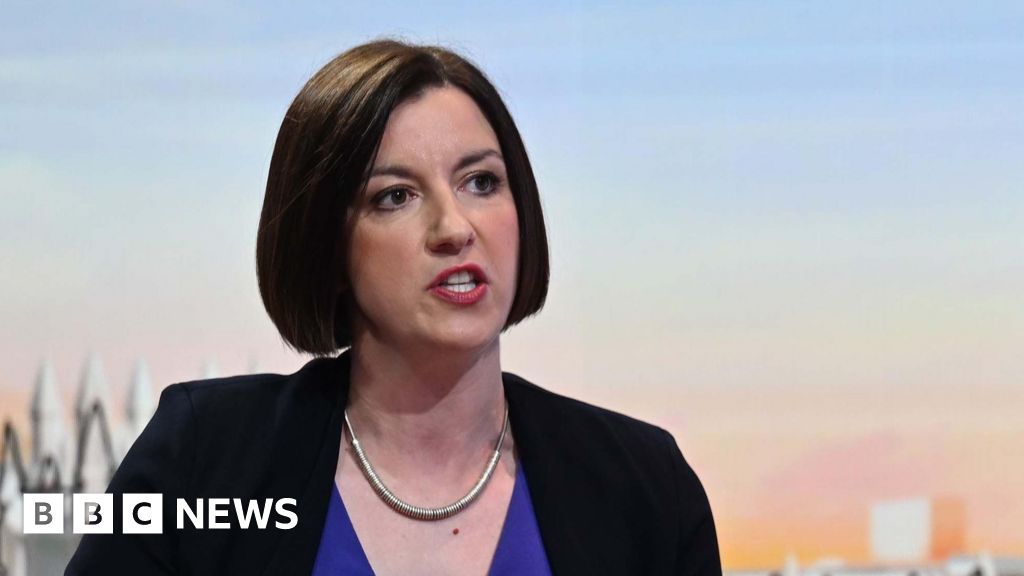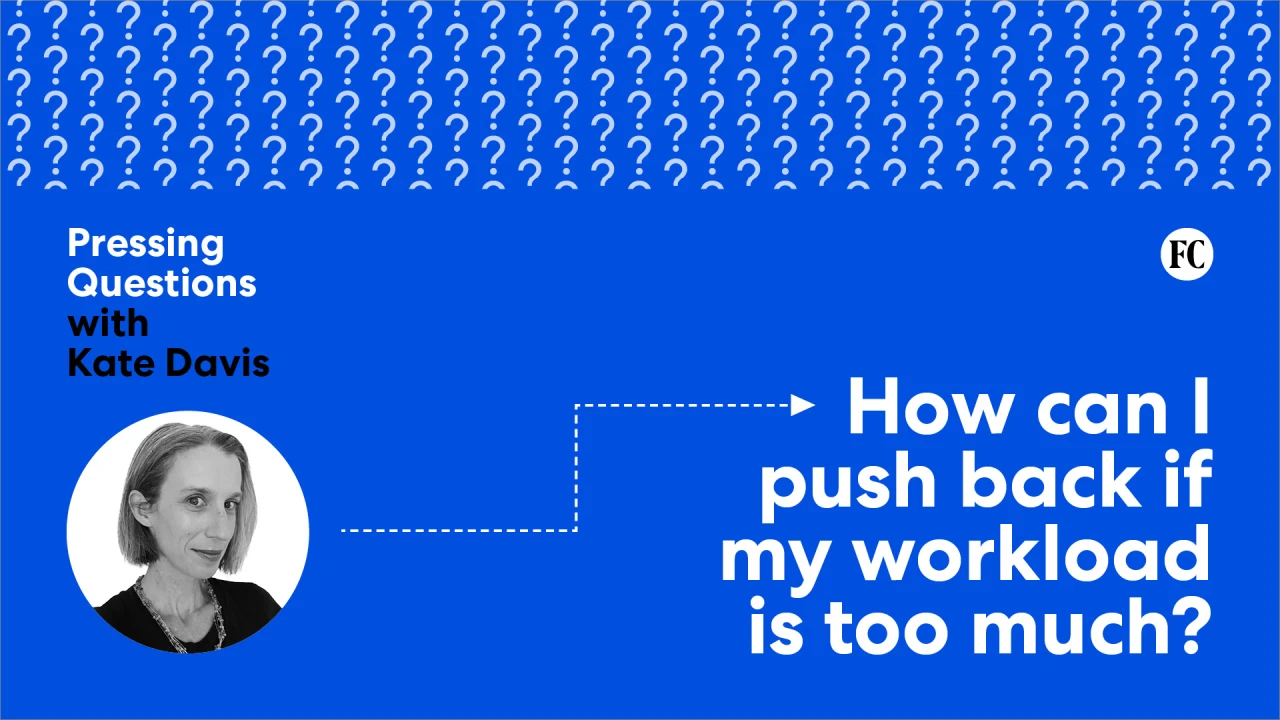$360,000 Settlement for COVID Relief Fraud by Private Club Operators

In a significant resolution highlighting the importance of integrity in government relief programs, a settlement has been reached between federal authorities and three businesses accused of misusing COVID-19 relief funds. The case underscores the strict eligibility requirements set by the Paycheck Protection Program (PPP) and the Restaurant Revitalization Fund (RRF), which were designed to assist legitimate small businesses during the pandemic.
The joint announcement by U.S. Attorney for the Southern District of New York, Jay Clayton, and Amaleka McCall-Brathwaite, Special Agent in Charge of the SBA’s Office of Inspector General (SBA-OIG), details the consequences faced by TCC International LLC, CORE Gravity LLC, and CORE Club Members Corp., collectively known as the “Defendants.” The companies have agreed to pay $360,000 in a civil fraud settlement, admitting they falsely certified their eligibility for $2.3 million in PPP loans and an RRF grant. With a focus on bolstering the integrity of relief efforts, this case serves as a troubling reminder for small business owners about the importance of compliance.
“Falsely certifying eligibility for Paycheck Protection Program loans and Restaurant Revitalization Fund grants undermines critical relief programs designed to support small businesses and public-facing restaurants,” said Amaleka McCall-Brathwaite. The severity of the settlement is an essential consideration for small business owners keen on understanding what constitutes acceptable use of these relief programs.
The settlement resolves claims that the Defendants attempted to secure funds despite clear ineligibility. The PPP was specifically created to support businesses unable to operate due to pandemic-related restrictions. However, businesses like private clubs, which the Defendants operated, were deemed ineligible under SBA regulations. Owners should be aware that not all business types qualify for federal support, emphasizing the need for thorough familiarity with program guidelines.
In this situation, TCC International LLC and CORE Gravity LLC received two PPP loans totaling approximately $2.3 million, but were ineligible because they used the funds to operate a private club. Importantly, the funds received were primarily for paying club employees, not general salary expenses as intended by the PPP. The RRF grant, which exceeded $2.3 million, was awarded to the CORE Club Members Corp., another entities that failed to meet the necessary criteria due to its not-for-profit status that did not directly serve the public.
While the funding programs were designed to maintain employment and support businesses in dire need, misinterpretations of eligibility can lead to serious consequences. This case serves as a cautionary tale; the U.S. Attorney’s Office made it clear that those who misuse these programs will be held accountable. “New Yorkers also want those who abused the programs held accountable. Our Office and the SBA are committed to doing so,” said U.S. Attorney Clayton.
For small business owners and entrepreneurs, the key takeaway is that eligibility for COVID-related relief funds is rigorously monitored and non-compliance can lead to severe financial penalties, including hefty fines and loss of future funding opportunities. This case exemplifies the legal ramifications of attempting to capitalize on relief efforts through deceptive applications.
Practical measures small business owners can take include regularly consulting the SBA’s guidelines and ensuring that all documentation accurately reflects the business’s operations and status. It’s also wise to seek legal or financial advice when navigating these programs, particularly for businesses unsure of their eligibility.
Currently, this settlement continuously unfolds, reminding the business community that while federal relief programs can be critical lifelines, they are accompanied by a responsibility for transparency and compliance. This stringent enforcement is essential for the equitable distribution of relief resources. With a renewed focus on adherence to program rules, small business owners can better position themselves to secure necessary aid without the risk of future penalties.
For more information on this case and resources for small business owners, you can refer to the original press release from the SBA here.
Image Via Envato
This article, "$360,000 Settlement for COVID Relief Fraud by Private Club Operators" was first published on Small Business Trends
What's Your Reaction?
 Like
0
Like
0
 Dislike
0
Dislike
0
 Love
0
Love
0
 Funny
0
Funny
0
 Angry
0
Angry
0
 Sad
0
Sad
0
 Wow
0
Wow
0

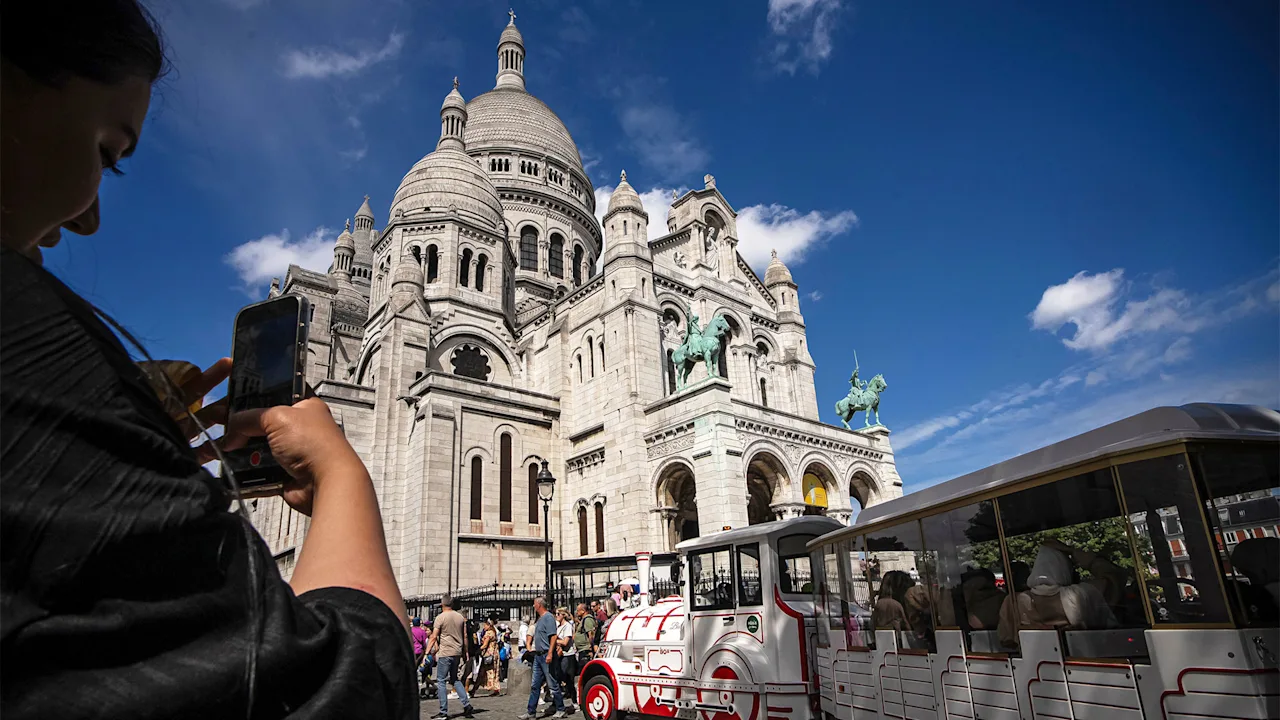
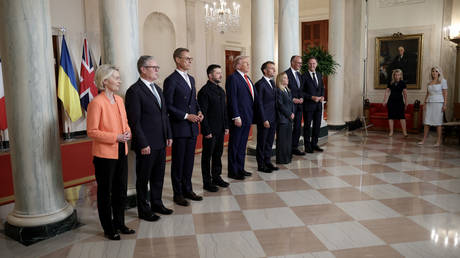


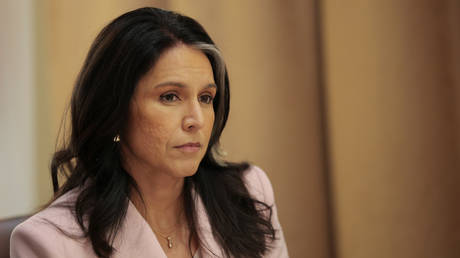





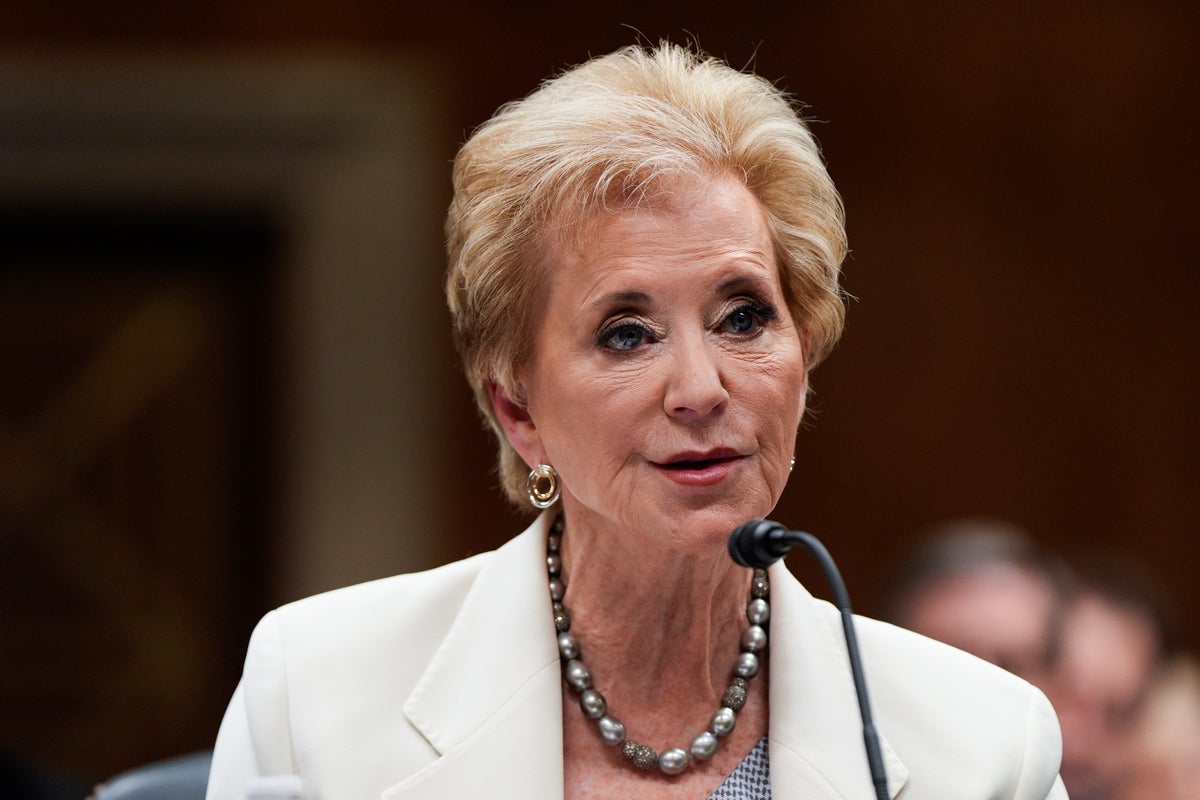









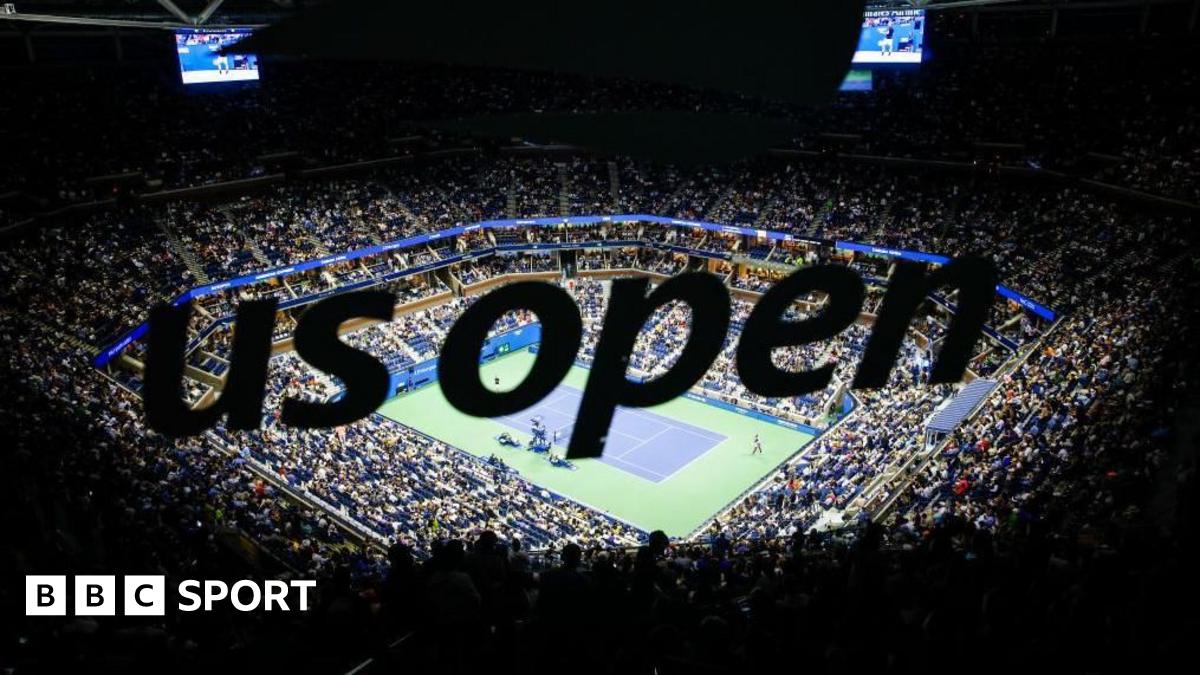



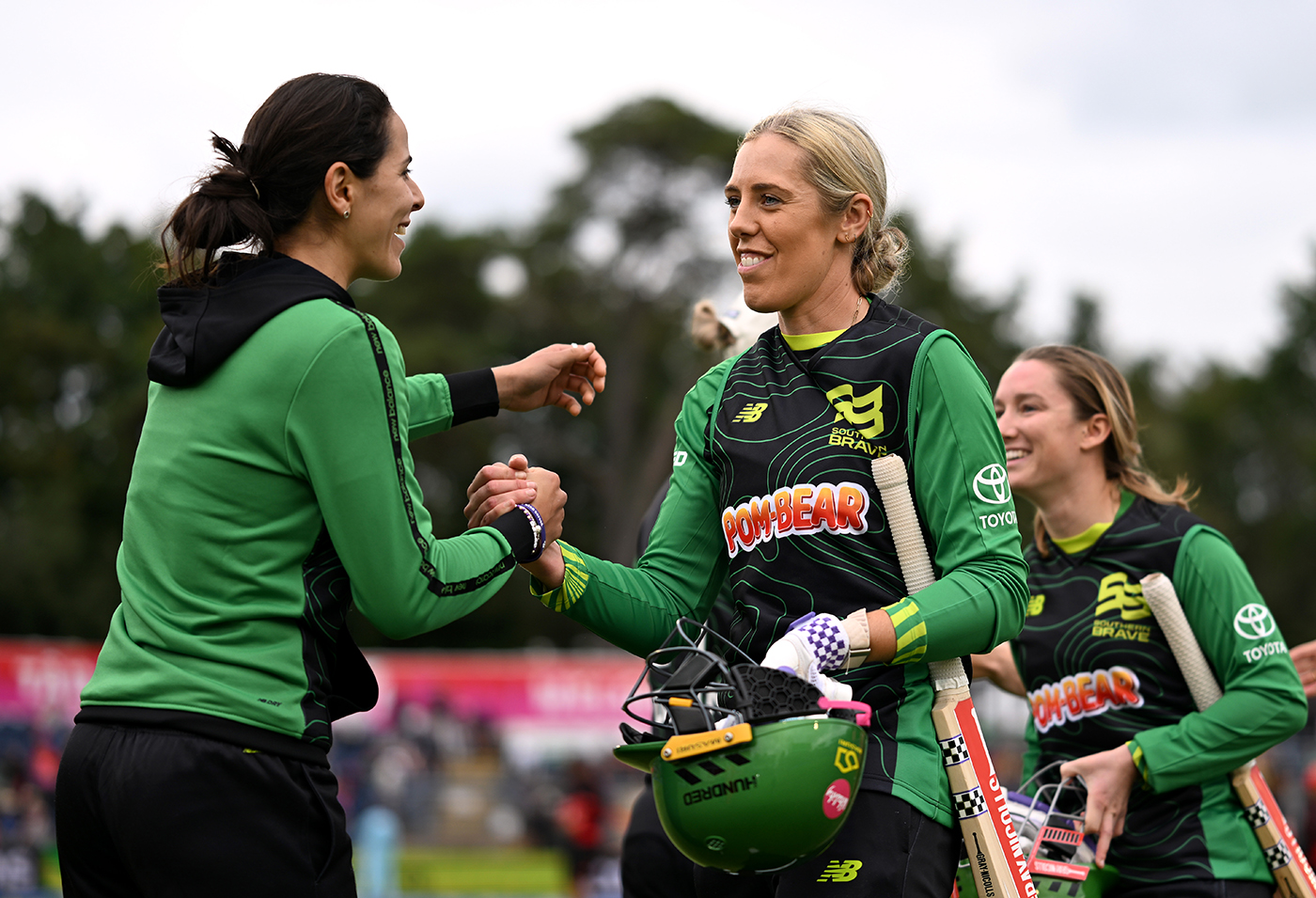



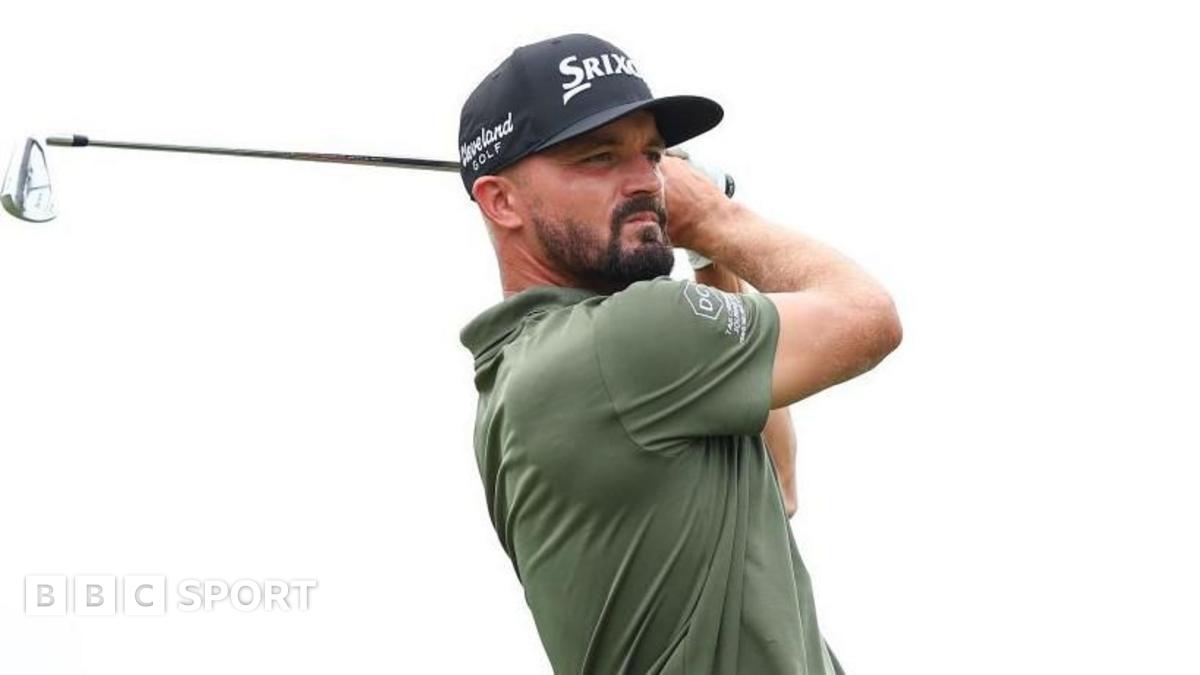
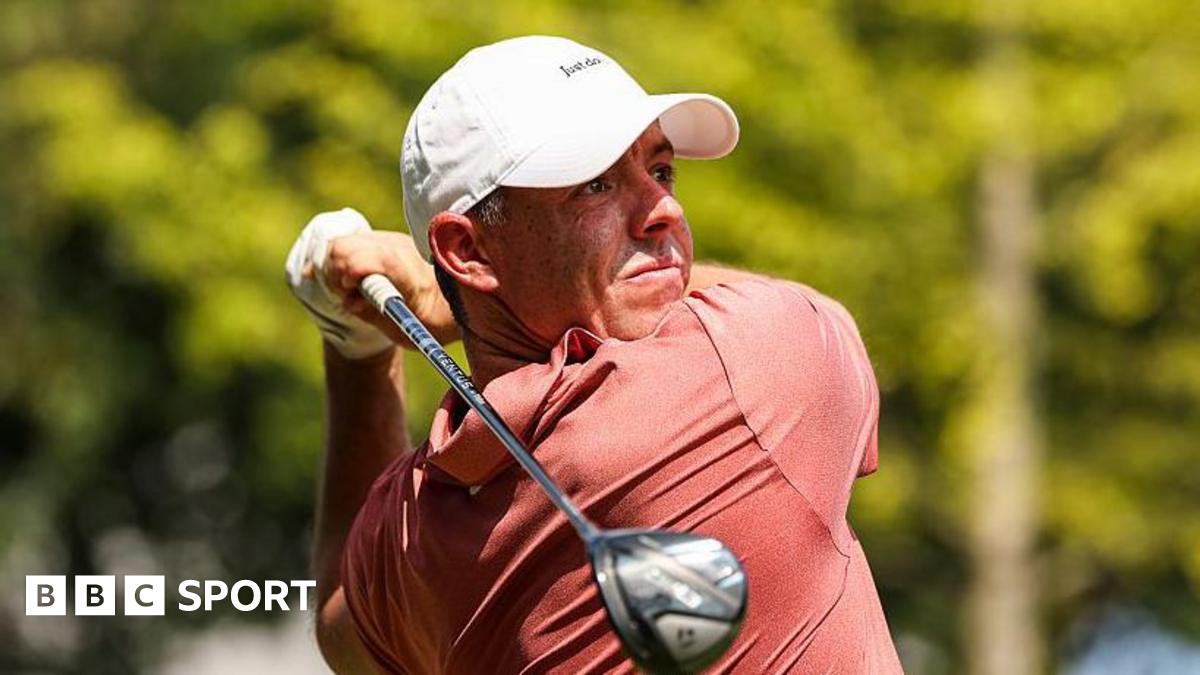
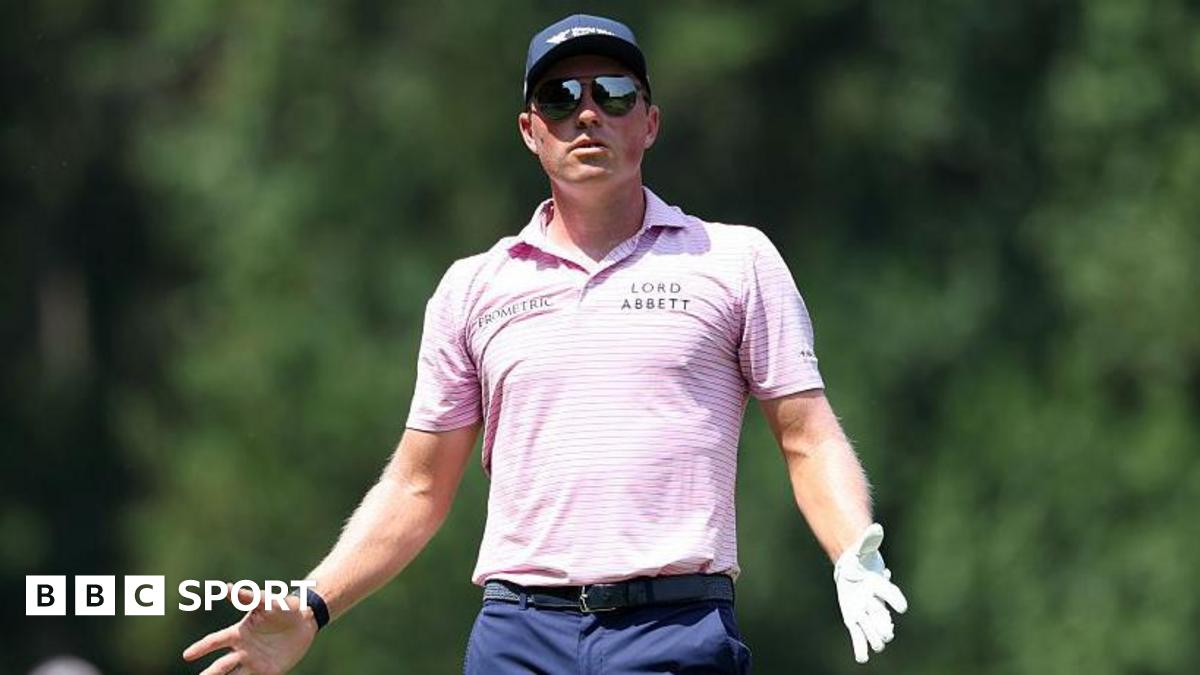
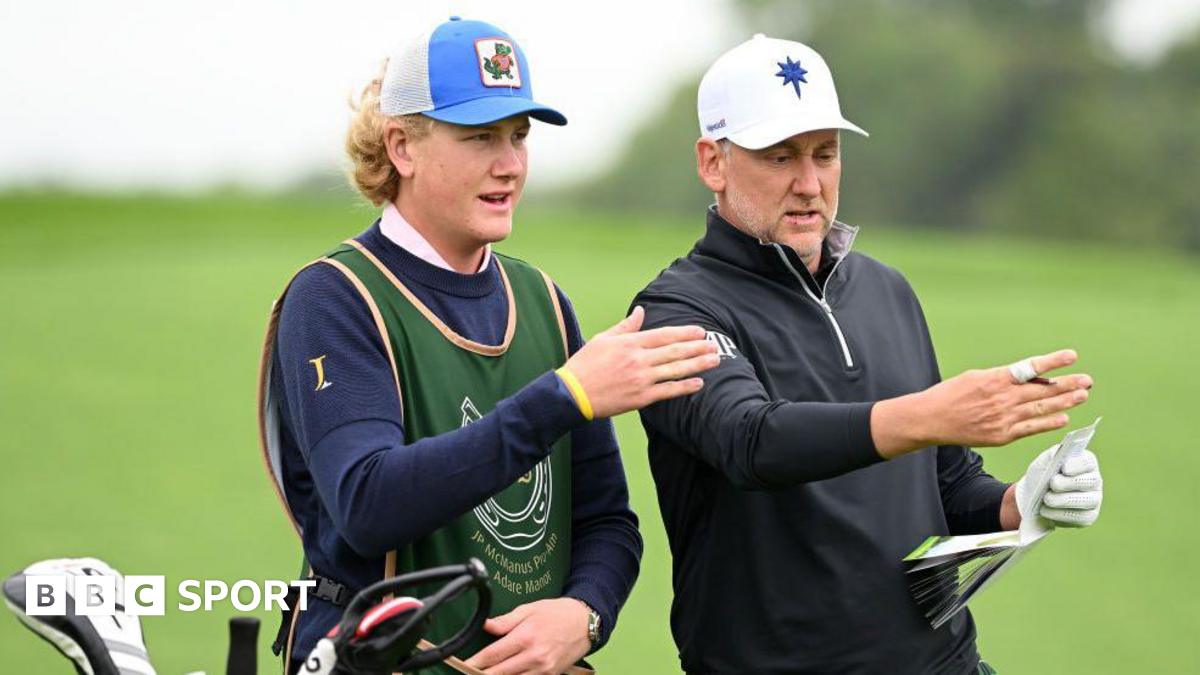




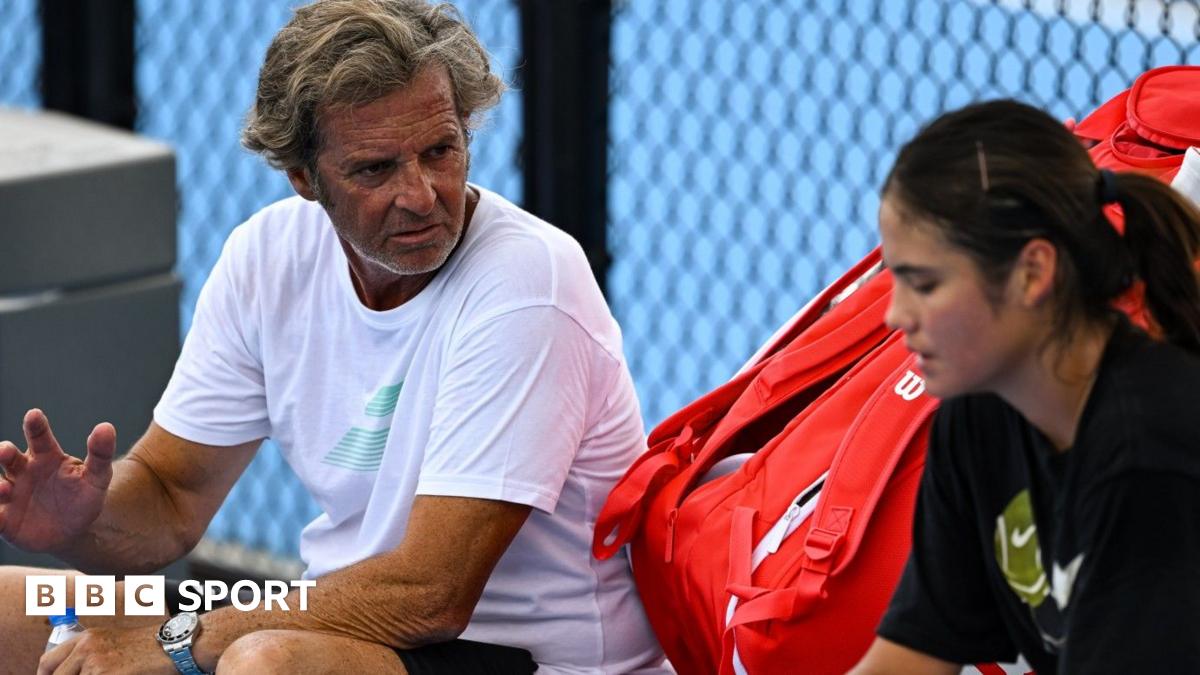

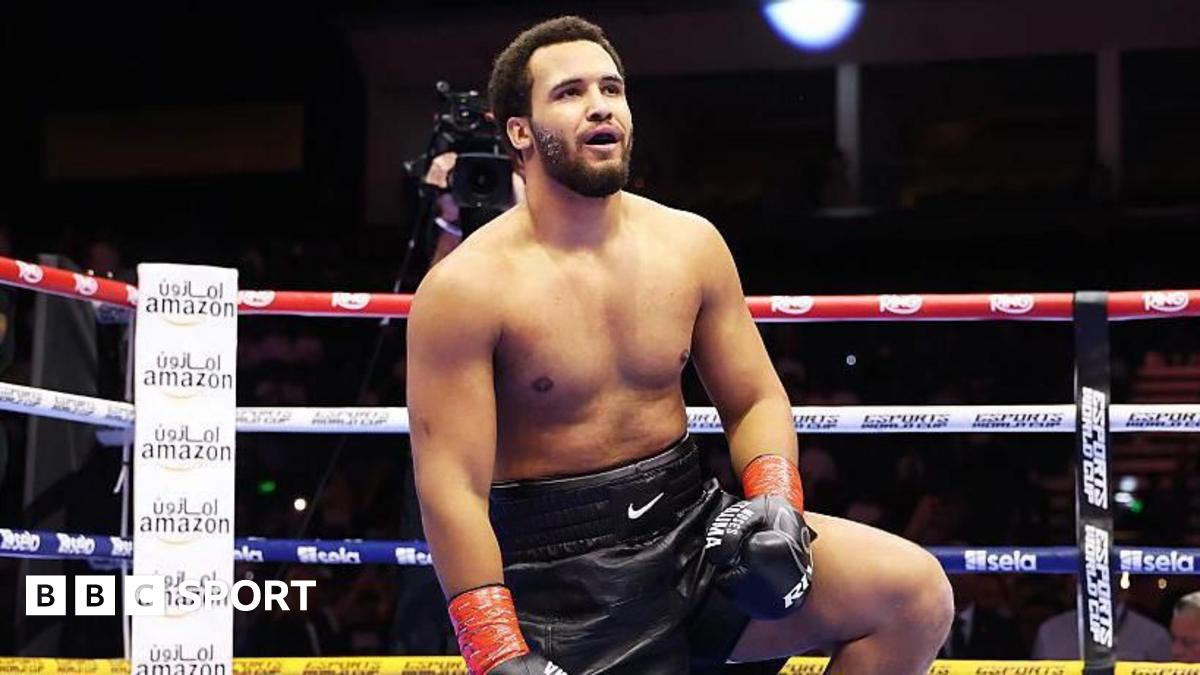
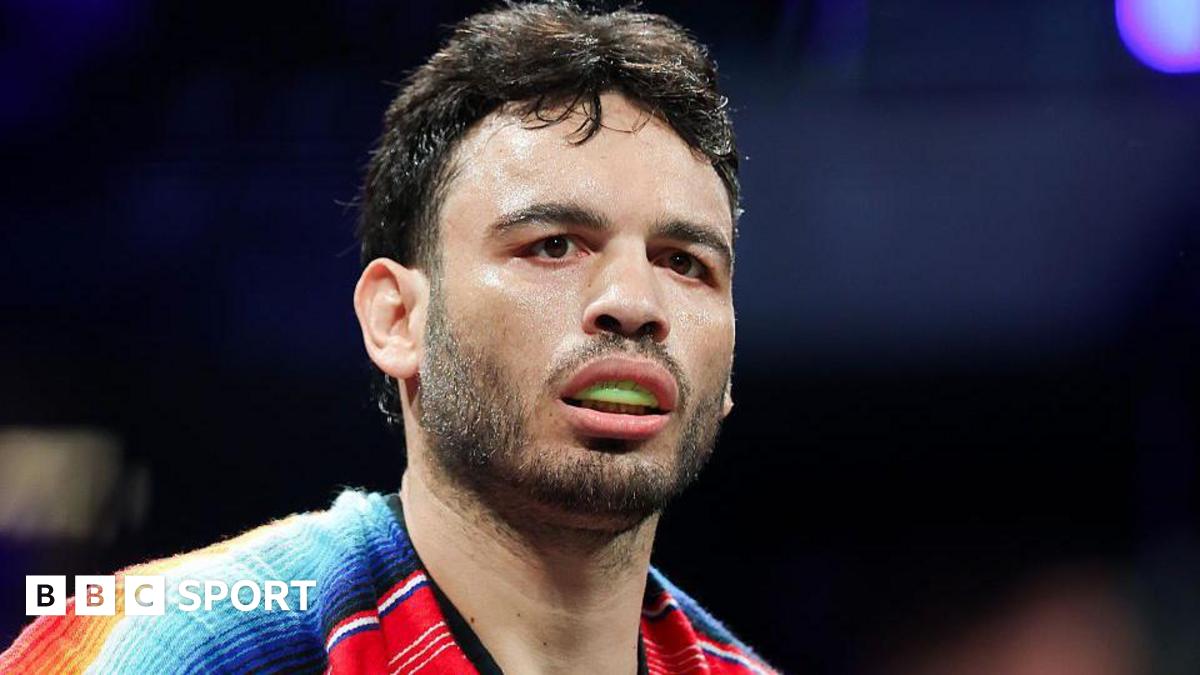
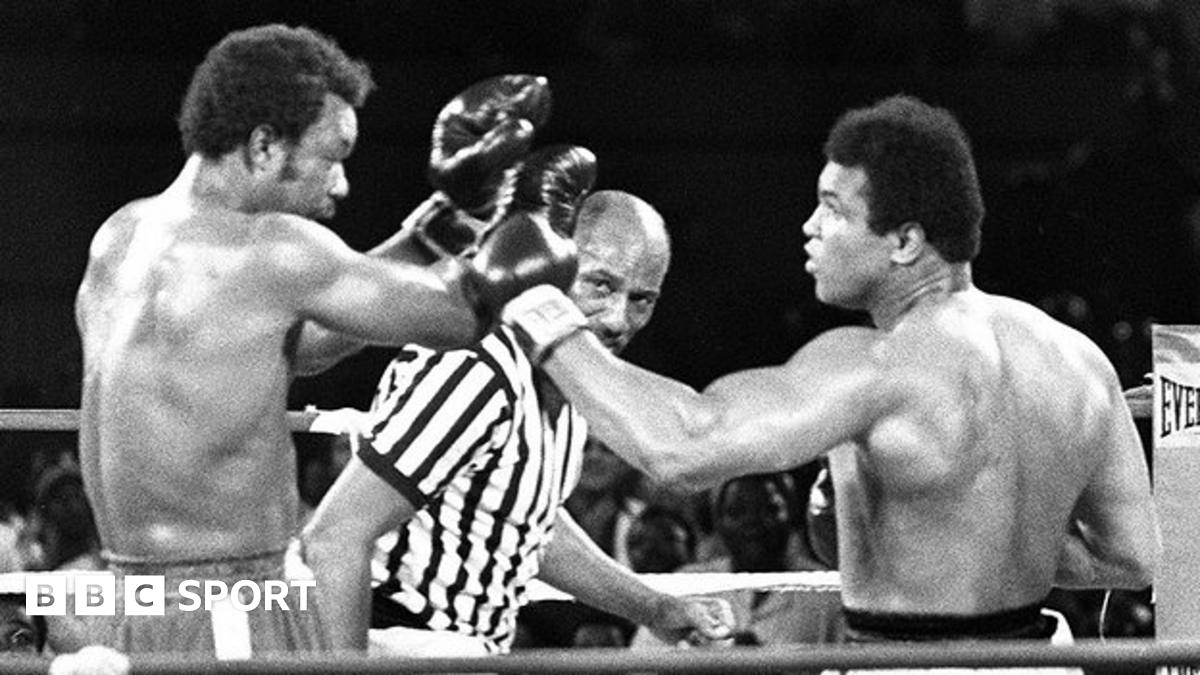
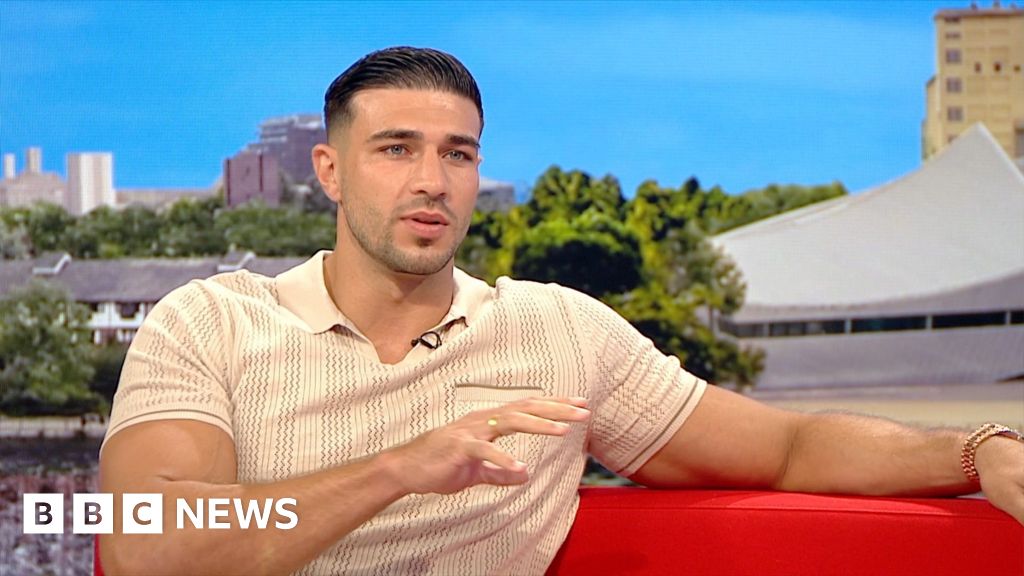



![[Premiere] Doller shares broody yet anthemic track "WHO HYPE? WHO BRUK?"](https://earmilk.com/wp-content/uploads/2025/08/Screenshot-2025-08-20-at-9.19.04-PM-800x687.png)
